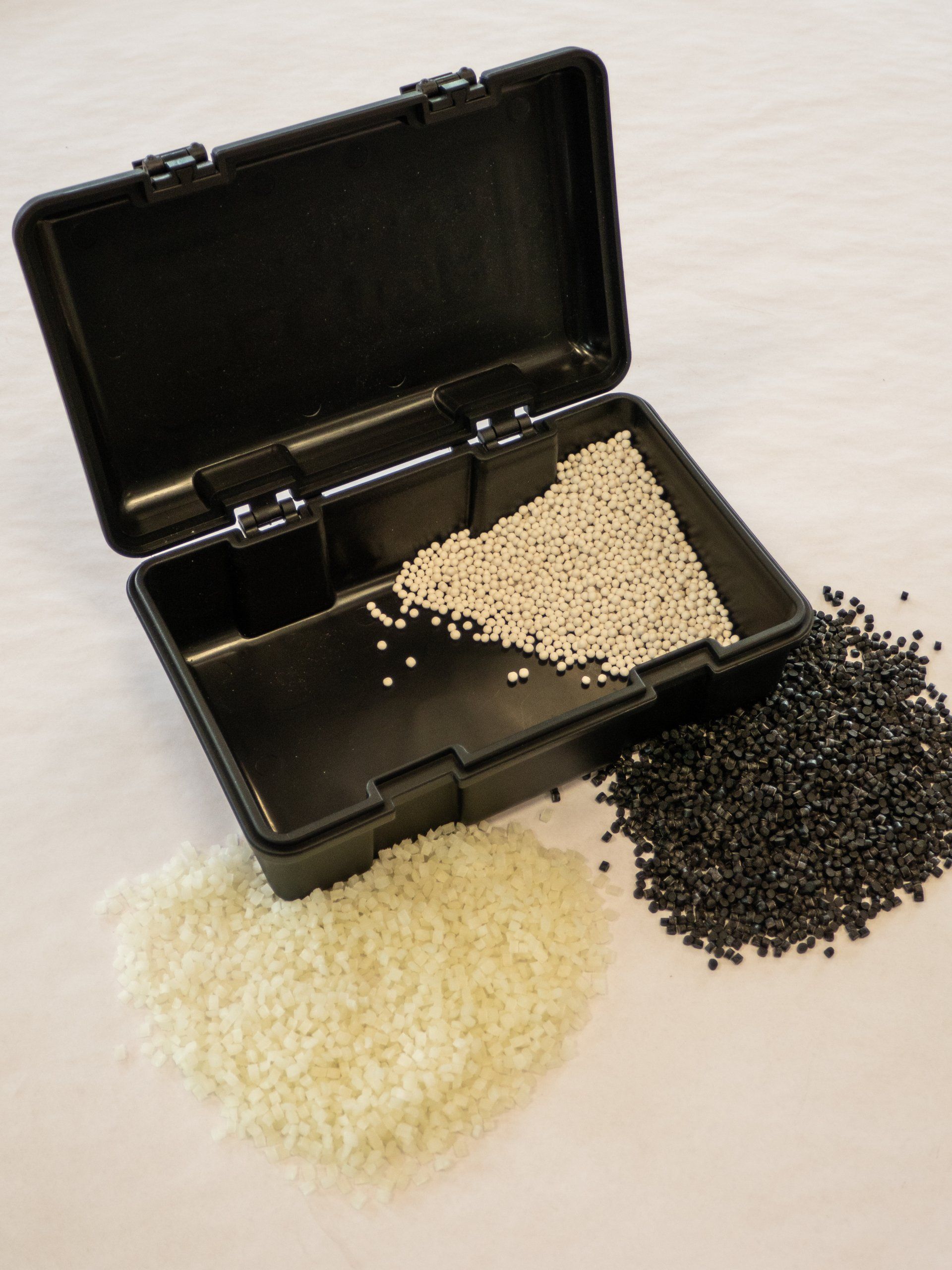BLOG
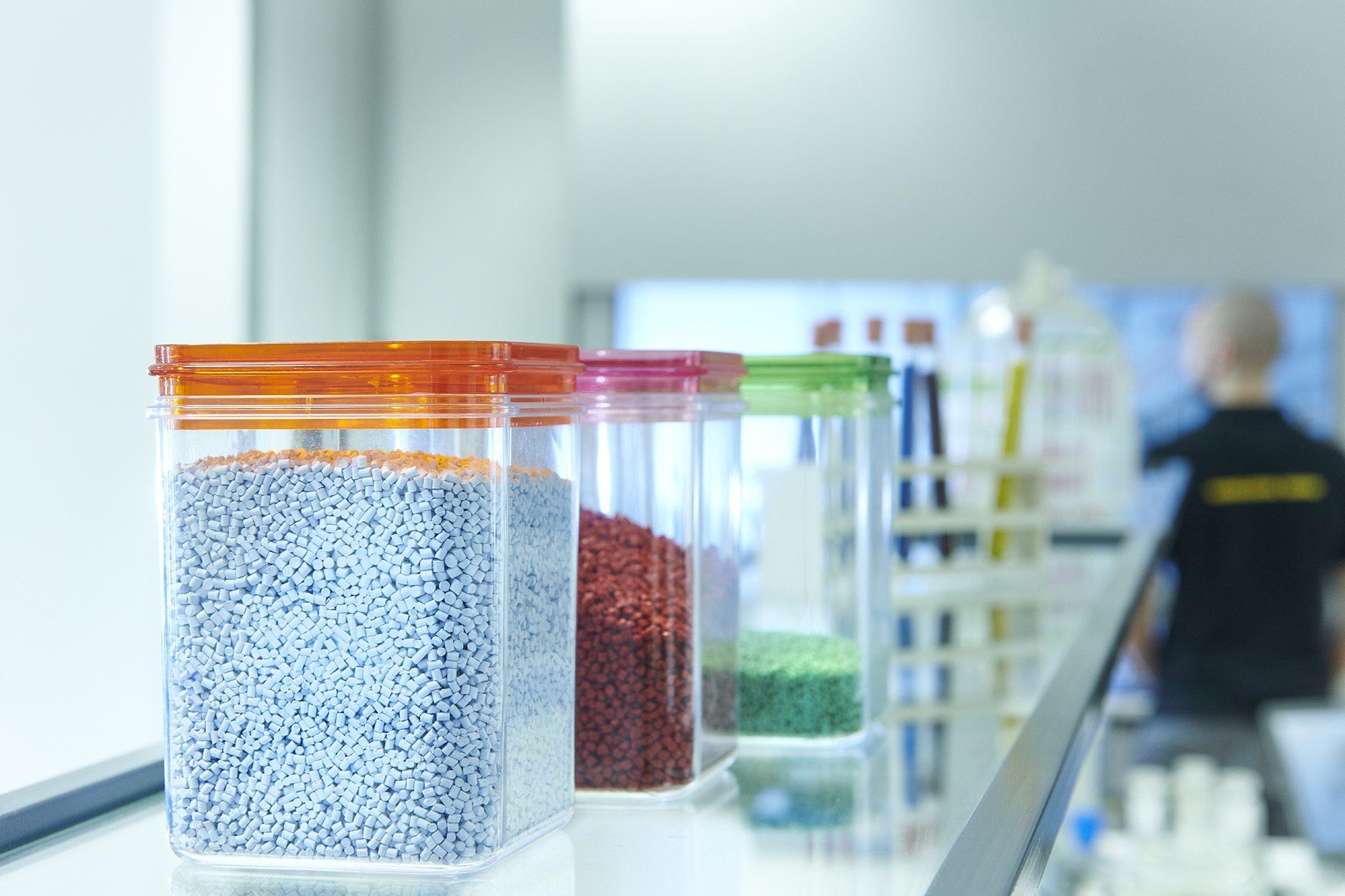
b Disit, Università del Piemonte Orientale, Via T. Michel 11, 15121 Alessandria (AL), Italy
c F.lli Maris S.p.A., Corso Moncenisio 22, 10090 Rosta (TO), Italy
d DISSTE, Università del Piemonte Orientale, Piazzale S. Eusebio 5, 13100 Vercelli (VC), Italy
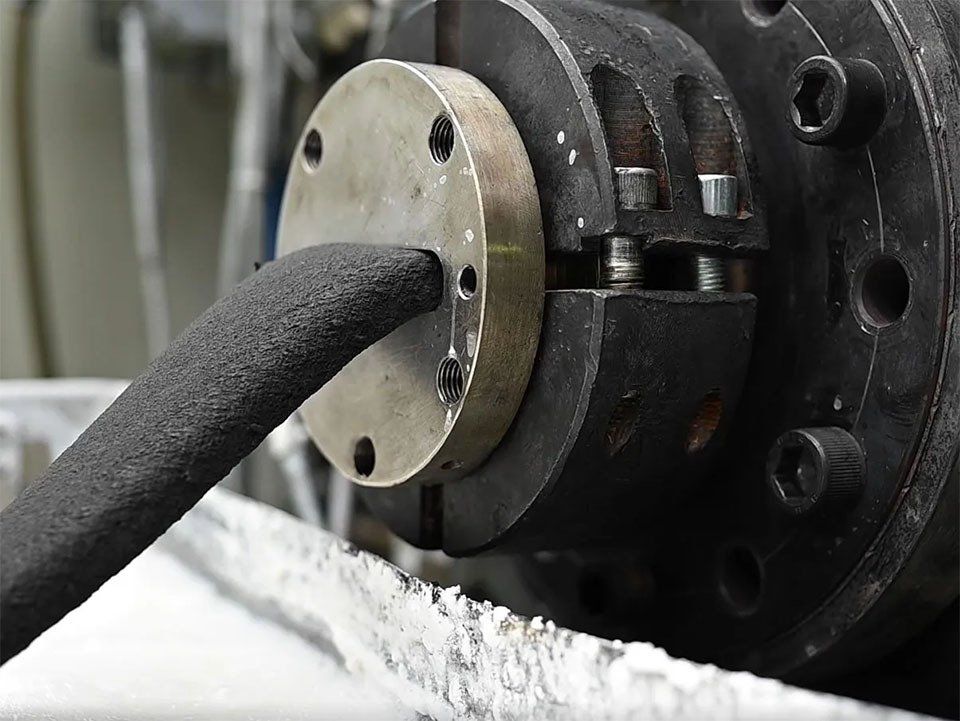
2 F.lli Maris S.p.A., Corso Moncenisio 22, 10090 Rosta, Italy
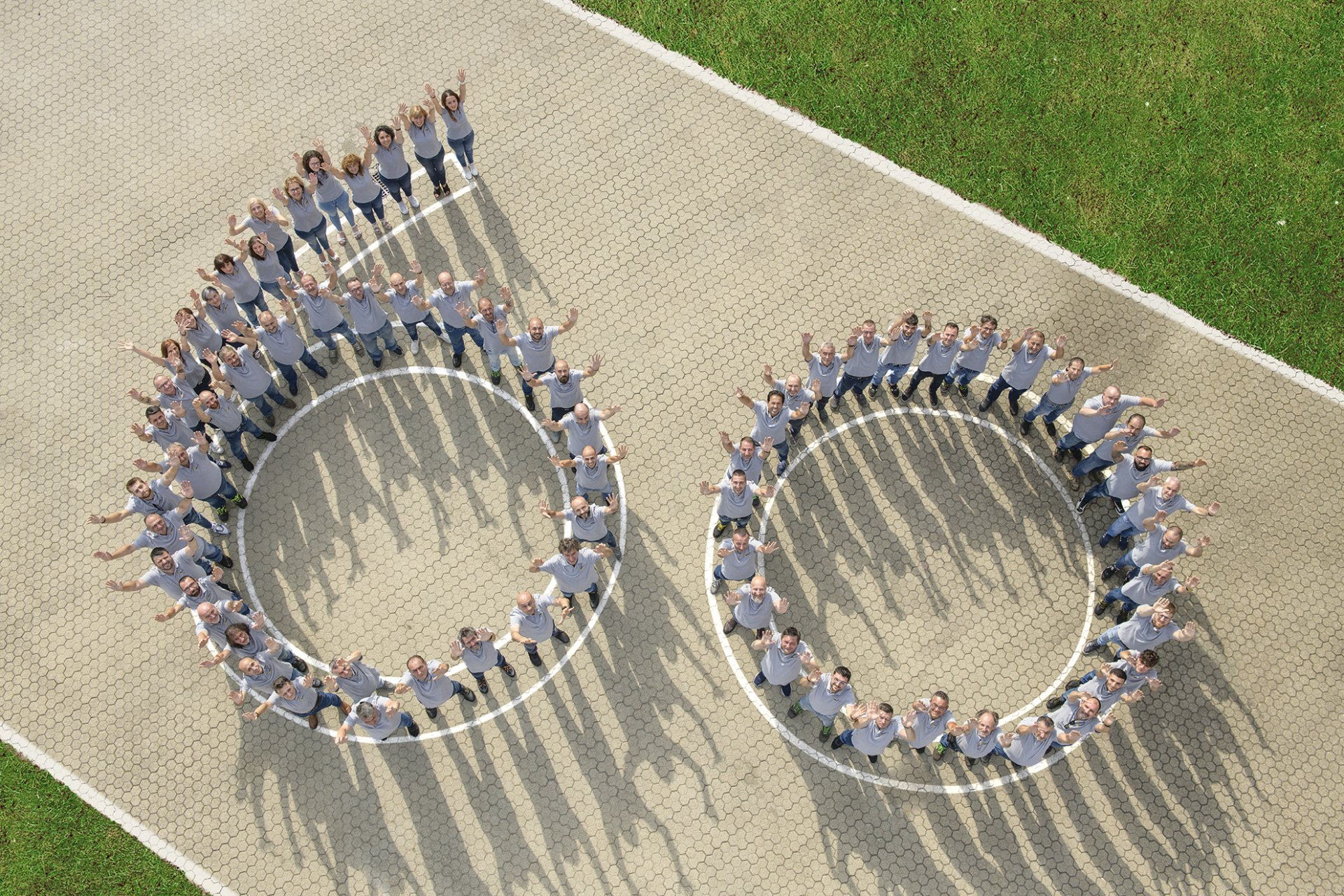
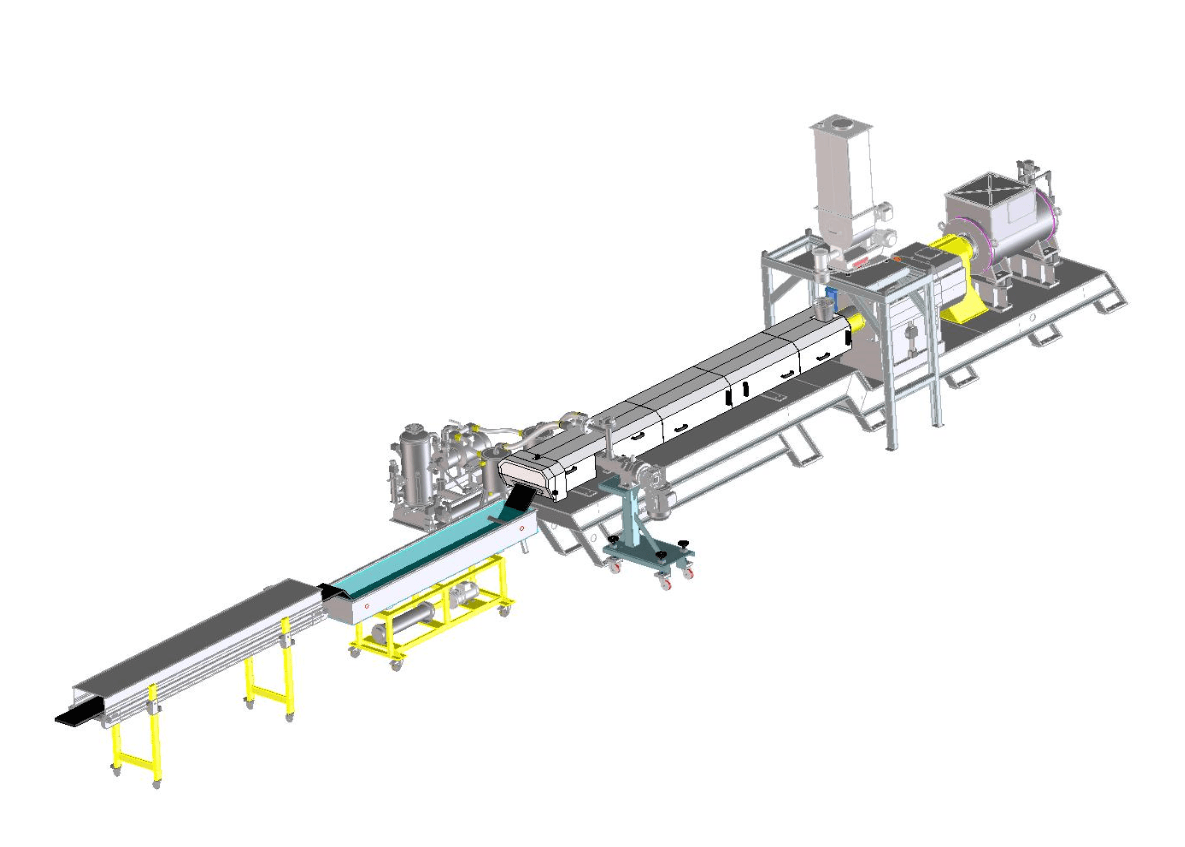
(a) Department of Chemistry and NIS - INSTM, University of Turin, Via Pietro Giuria 7, 10125, Torino, Italy
(b) F.lli Maris S.P.A., Corso Moncenisio 22, 10090, Rosta, TO, Italy
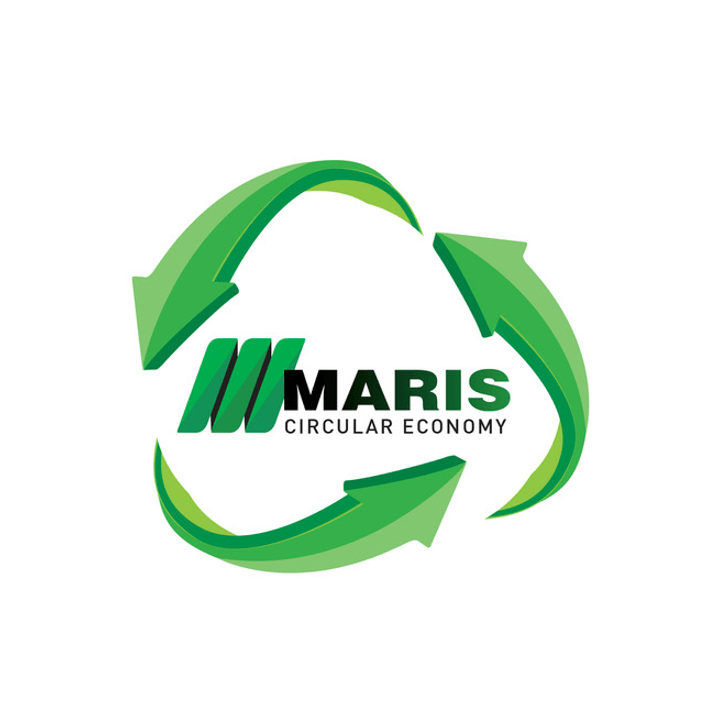
The invention of ‘plastics’ dates back to over a century ago and it is undoubtedly one of the materials that most characterize our lifestyle and production system.
Easy processing, versatility, mechanical properties, insulating effect and many other qualities justify its advantageous use in several fields (packaging, construction, transport, health, cosmetics and so on).
Nevertheless, plastic has recently been in the spotlight of a media campaign whose aim is to highlight those end-of-life plastic materials issues that may arise when plastic is not properly disposed of and recycled.
The goal we should therefore all set for ourselves is to combine the environmental protection together with the various needs of the productive sectors.
The strategy is hence to create and strengthen ‘a new plastics economy’ with the aim of extending – as much as possible – plastic life cycle through its re-use and recycling , as well as promoting the recourse to more sustainable materials.
Future investments should be aimed at the renewal of materials and production techniques that would be beneficial for the economic system, the environment and the quality of life.
There are of course several targets that we should set for ourselves, including:
- to produce reusable or recyclable plastic in a sustainable way;
- to grow the market for recycled or innovative plastic products;
- to reduce CO2 emissions;
- not to leave plastic in the environment
The actors of this new Economy are public institutions, national and international associations, companies operating in the plastics sector and – last but not least – the good behavior of single citizens.
More in detail, the increase in the plastic recycling opportunities goes through a new way of designing materials and final products. It is therefore necessary to establish new production methods and to support conscious and virtuous consumption choices so that to create an effective circularity of the system.
Companies in the sector are already trying to respond to these requests by implementing energy-saving interventions for their production processes, by working on products eco-design towards a greater recyclability or – in addition – by establishing a collaborative relationship between the producer and the user along the whole production chain.
Let’s use plastic responsibly!
F.lli Maris S.p.A.
Corso Moncenisio, 22
10090 Rosta (TURIN) - Italy
TEL: +39 011 956 7925
FAX: +39 011 956 7987








